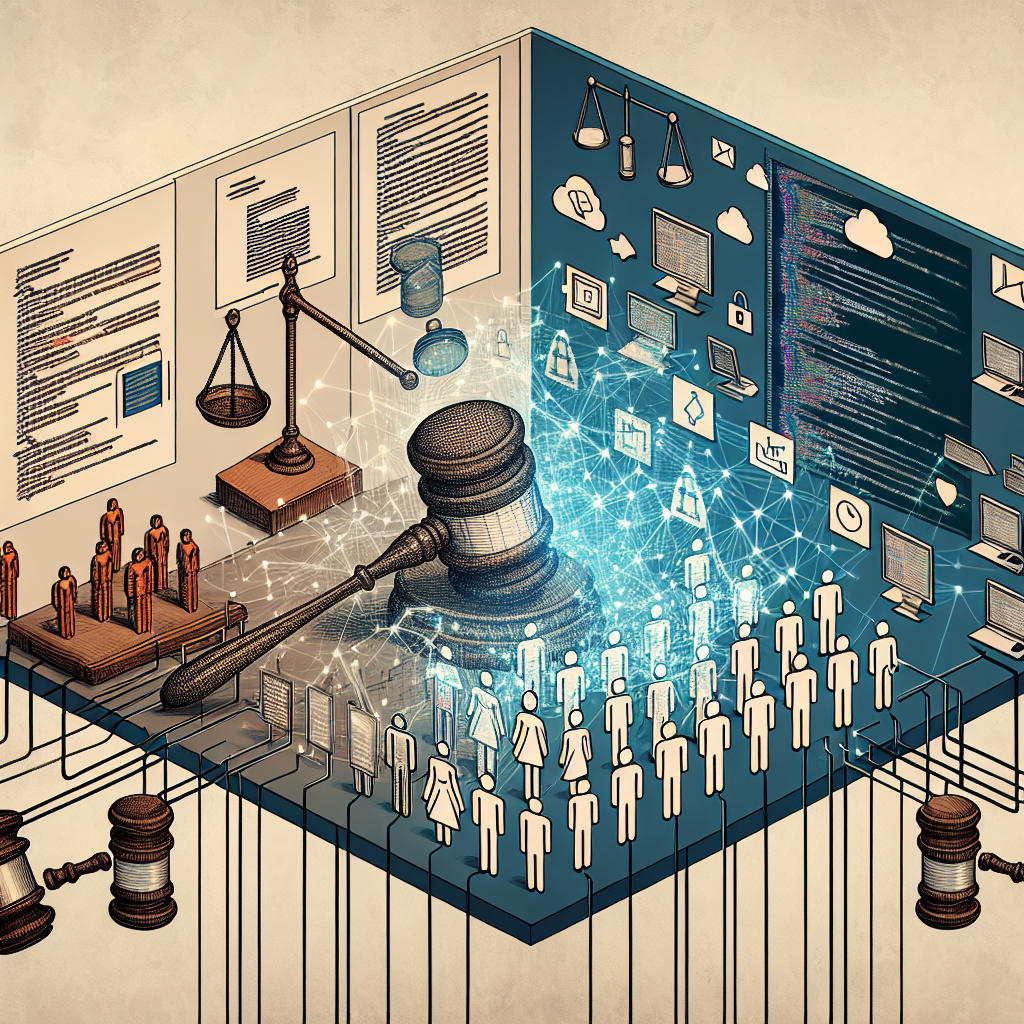Tailoring AI Regulations: The Need for Role-Specific Guidelines
Tailoring AI Regulations: The Need for Role-Specific Guidelines
Introduction
As artificial intelligence (AI) continues to permeate various sectors, the call for nuanced and role-specific regulations is growing louder. This approach aims to address the unique challenges and opportunities presented by AI in different contexts, ensuring that regulations are both effective and adaptable.
The Importance of Role-Specific Guidelines
Generic AI regulations may not adequately address the diverse applications and implications of AI technologies. Role-specific guidelines are crucial for several reasons:
- Contextual Relevance: Different industries and roles have unique needs and risks associated with AI, necessitating tailored regulations.
- Enhanced Compliance: Clear, role-specific guidelines can facilitate better understanding and adherence to regulations.
- Innovation Encouragement: By providing a clear framework, these guidelines can foster innovation while ensuring safety and ethical standards.
Challenges in Implementing Tailored Regulations
While the need for role-specific AI regulations is evident, several challenges must be addressed:
- Complexity: Crafting regulations that are both comprehensive and specific can be a complex task.
- Dynamic Nature of AI: The rapid evolution of AI technologies requires regulations that are flexible and adaptable.
- Global Consistency: Balancing local needs with global standards is essential to avoid regulatory fragmentation.
Steps Towards Effective AI Regulation
To develop effective role-specific AI regulations, stakeholders can consider the following steps:
- Stakeholder Engagement: Involving industry experts, policymakers, and the public in the regulatory process can ensure diverse perspectives are considered.
- Continuous Review: Regularly updating regulations to reflect technological advancements and societal changes is crucial.
- International Collaboration: Working with international bodies can help harmonize regulations and promote global standards.
Conclusion
The push for role-specific AI regulations highlights the need for a nuanced approach to governing AI technologies. By addressing the unique challenges of different sectors and roles, these guidelines can enhance compliance, encourage innovation, and ensure that AI is used safely and ethically. As AI continues to evolve, so too must our regulatory frameworks, ensuring they remain relevant and effective in a rapidly changing landscape.






































